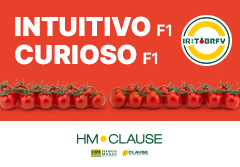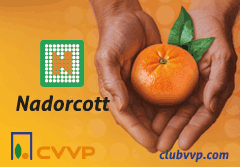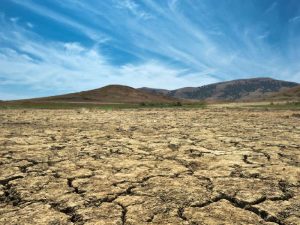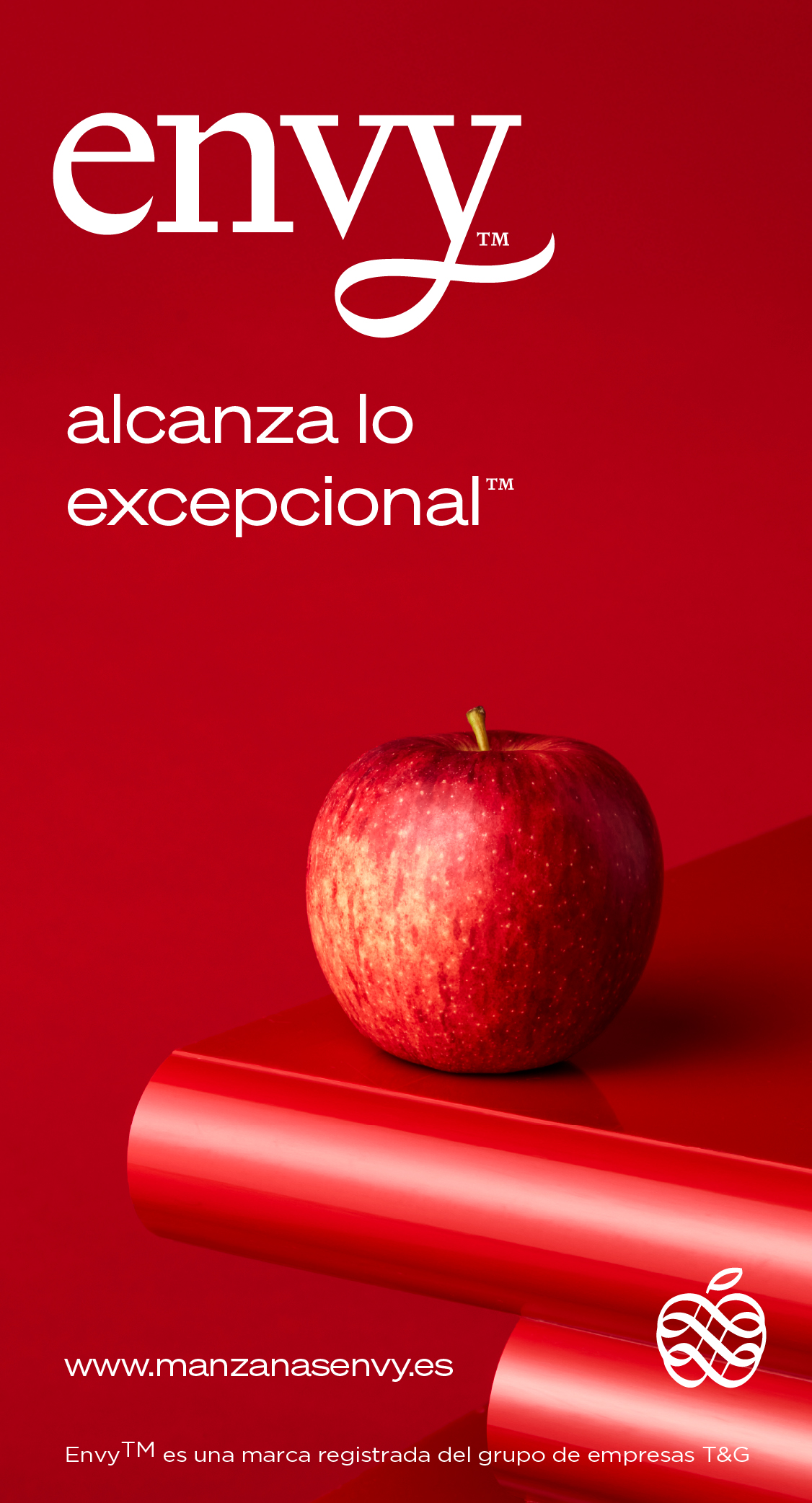The National Food Strategy consists of eight sections that outline its objectives, the participatory and inclusive methodology used in its development, and a detailed description of the food sector in Spain. It also analyzes consumption trends and summarizes European Commission legislative initiatives affecting the sector. Additionally, the strategy lists the laws, regulations, and actions implemented by the Ministry of Agriculture, Fisheries, and Food (MAPA).
The proposed measures are detailed between pages 216 and 285 of the 411-page document, according to an analysis by FEPEX. The strategy identifies six key challenges and 25 measures, further divided into sub-measures that encompass a broad range of general actions.
Challenge 1: Strategic Supply
- Ensure the availability and stability of food supplies.
- Implement trade policies that guarantee the competitiveness of the Spanish agri-food and fisheries sector.
- Optimize efficiency in the value chain.
- Define response protocols for crisis situations.
Challenge 2: Sustainable Food Systems
- Incorporate sustainability criteria in public procurement.
- Promote proper management of packaging and packaging waste, preventing littering, reducing excessive packaging, and encouraging the use of secondary raw materials in new products.
- Encourage circular economy policies and bioeconomy projects to make better use of agri-food byproducts and waste, enhancing profitability and efficiency in the value chain.
- Continue promoting and effectively applying environmentally sustainable practices in food production.
- Promote the sale of local, fresh, and seasonal products and encourage short supply chains.
- Support initiatives to reduce food waste.
- Provide training and advisory services to all stakeholders to facilitate the transition towards a more sustainable and resilient food system.
Challenge 3: Rural and Coastal Areas Highly Dependent on Fisheries
- Ensure adequate training in the sector to improve competitiveness.
- Strengthen and support rural areas through economic aid and rural policies aimed at building a sustainable, efficient, and resilient sector.
- Encourage generational renewal to secure the future of rural and coastal communities.
Challenge 4: Healthy Eating
- Promote a healthy diet.
- Improve accessibility to the Mediterranean diet.
- Provide education and awareness about Spanish dietary habits.
Challenge 5: Innovation and Technology in Food Production
- Boost innovation in the Spanish agri-food and fisheries sector.
- Digitize production models within the agri-food and fisheries system.
- Encourage knowledge generation and transfer among different stakeholders in the agri-food and fisheries value chain.
- Promote investment in technological and digital innovation and foster a regulatory framework that supports innovation to modernize the sector.
Challenge 6: Food Information for Consumers
- Provide accurate food information through labeling.
- Ensure clear food information through sales channels and retail points.
- Disseminate food information through communication campaigns.
- Guarantee that food information is truthful and reliable.
Presentation of the National Food Strategy
The development of the National Food Strategy began in July 2024, with the official presentation of the document taking place last Thursday, led by President Pedro Sánchez and Minister of Agriculture, Fisheries, and Food, Luis Planas.


















